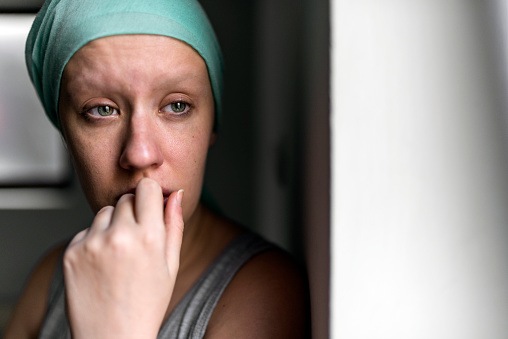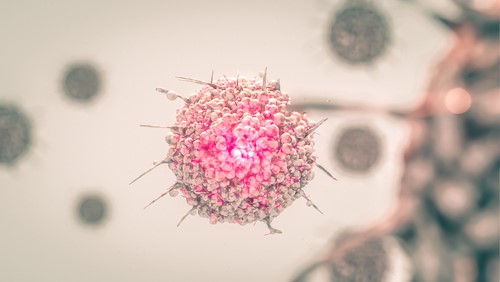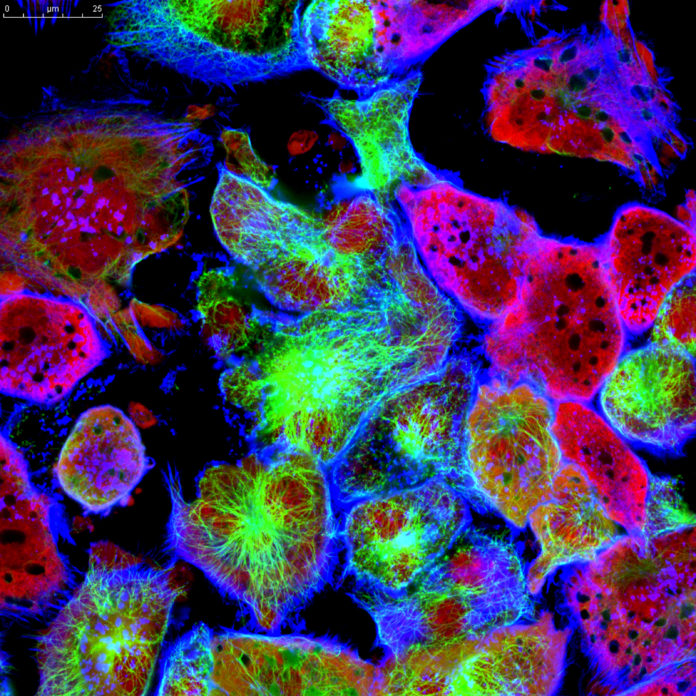Breast cancer surpassed lung cancer as the most common cancer worldwide, accounting for close to 12% of new cases annually, according to a report published in CA: A Cancer Journal for Clinicians.
This information is generated using GLOBOCAN 2020 estimates of cancer incidence and mortality for 185 countries and 36 cancers by age and sex and is produced by the International Agency for Research on Cancer. In 2020, the worldwide estimate of new cancer cases was 19.3 million and estimated cancer deaths was 10.0 million.
Female breast cancer surpassed lung cancer as the most commonly diagnosed cancer, with an estimated 2.3 million new cases (11.7%) annually, followed by lung (11.4%), colorectal (10.0%), prostate (7.3%), and stomach (5.6%) cancers. Lung cancer remained the leading cause of cancer deaths, with an estimated 1.8 million deaths (18%), followed by colorectal (9.4%), liver (8.3%), stomach (7.7%), and female breast (6.9%) cancers. Among women, breast cancer accounts for one in four cancer cases and for one in six cancer deaths, ranking first for incidence in most countries (n=159) and for mortality in 110 countries.
Death rates for female breast (15.0 vs. 12.8 per 100,000 people) and cervical (12.4 vs. 5.2 per 100,000 people) cancers were higher in transitioning (lower economic) versus transitioned (higher economic) countries, respectively.
“Establishing primary prevention programs for breast cancer remains a challenge. Nevertheless, efforts to decrease excess body weight and alcohol consumption and to encourage physical activity and breastfeeding may have an impact in stemming the incidence of breast cancer worldwide,” the researchers commented.
The global cancer burden is expected to reach 28.4 million cases by 2040, representing a 47% increase from 2020, with a larger increase in transitioning (64% to 95%) versus transitioned (32% to 56%) countries due to demographic changes.
“Efforts to build a sustainable infrastructure for the dissemination of cancer prevention measures and provision of cancer care in transitioning countries is critical for global cancer control,” the researchers concluded.
Link: https://acsjournals.onlinelibrary.wiley.com/doi/full/10.3322/caac.21660









